Farming is often about legacy and the desire of those who work on the land, to pass down their custodianship to the next generation. Vegetable grower Adam Schreurs is someone who has thought a lot about what that future looks like. He’s generously shared his insights about combatting climate change, the introduction of more robotic technology and how to transition a family run operation when some members want to carry on and others want to try something new.
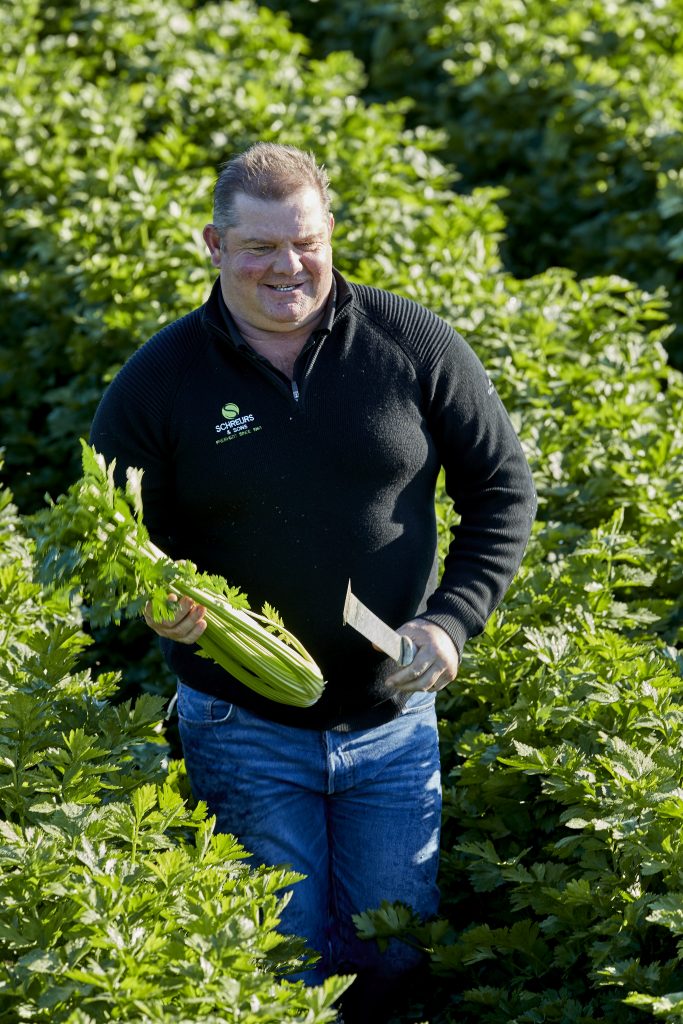
Perhaps the boldest move in his future focus was shifting the property 100 kilometres south, to Victoria’s beautiful South Gippsland region. A gorgeous place to farm, but typically only if you’re in the dairy business. Adam’s decision to grow leeks and celery there raised a few eyebrows.
“Everyone in the area was very sceptical,” Adam laughs. “There were no vegetable farms in the area. I still remember after we bought the property, we went to a clearing sale. No one knew who I was. I was just standing in the crowd and I was overhearing all the local dairy farmers saying, ‘Oh, what a waste of land, ripping up this good dairy country for vegetables. They’ve got no idea how wet it gets down here. They’ll have no hope growing vegetable out here’. I just had a little smirk to myself,” Adam recalls.
Five years on, the business Schreurs & Sons is going well. Adam acknowledges it did take a couple of years to fully understand the soil and different weather systems but overall says the crops are better than ever. In fact, he says the move has enabled him to mitigate the changing climate.
“We don’t get the really hot extremes that we got on our other properties. We’re generally about 5 or 6 degrees cooler here than where we were 100 kilometres up the road. We get the sea-breeze influence which cools the plants down overnight, allows them to recover, ready for a warm day again the next day. All of that helps,” he explains.
“It’s quite a bit cooler than where we were, but we knew with the changing climate, having the hot extremes we were losing crops on certain days when the wind was blowing hard on a 40-degree day, the sand would cut off the plants and destroy some crops. Out here, we just haven’t had any of that. We were sort of banking on that being the case.”
Tackling the climate
Adam is also learning about more active ways to adapt to climate pressures. He is in the process of converting 25 per cent of his property to native bushland.
“Not only is it the right thing to do for the climate and it’s good for sequestering carbon from the atmosphere, which is obviously one of the biggest threats to our planet these days, but it also helps us grow our vegetables.”
The trees act as a harbour for beneficial insects that fight crop damaging pests. Adam has noticed such a significant difference that chemical sprays aren’t needed. The 70,000 trees and native grasses planted so far also act as a wind break and wildlife corridor, so the benefits have been immense.
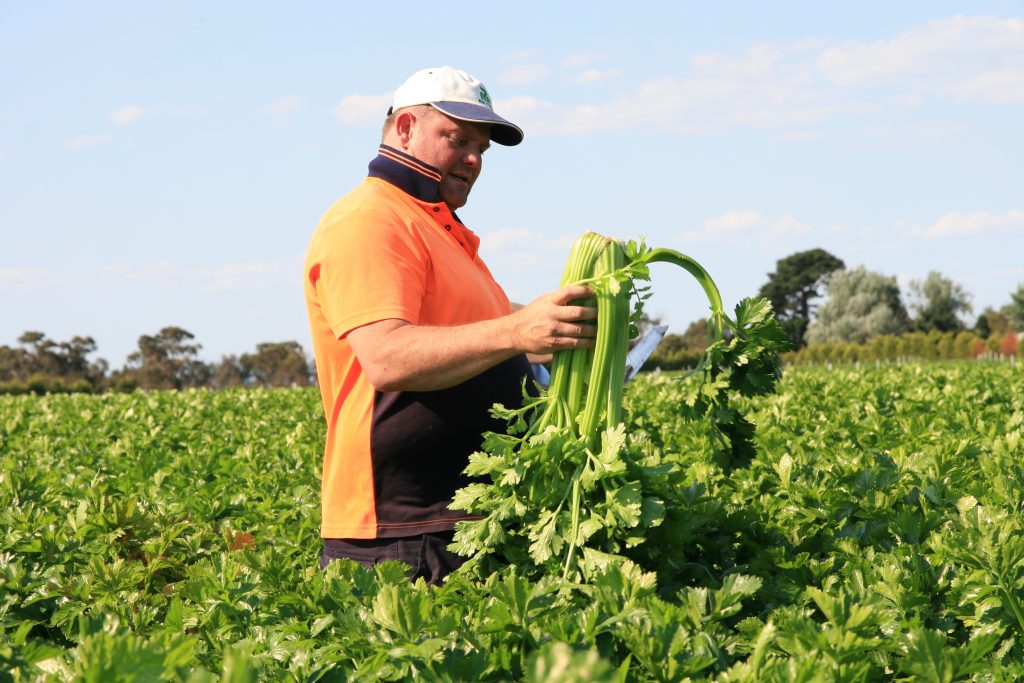
“It’s been a real win/win.”
There’s certainly no denying that the future also holds a place for manmade improvements like robotics. Adam says one of the greatest challenges to his business is the availability of labour, especially over the last two years during COVID.
“We’ve had a lot of order cancellations. We’ve not been able to make a lot of orders and get them to their end destination, so we are losing a lot of crop at the moment. We are hoping this will get better.
“Labour is our biggest challenge at the moment. The growing of the crops – that’s all easy now.”
Adam has enlisted friends and family to help pack crops and is spending long hours on the tractor himself.
“I’ve had to get my hands dirty a lot,” he laughs.
Turning to technology
In an effort to master the art of working smarter not harder, Adam holds regular robotic field days on site to help uncover the best robots coming onto the market. Technology like autonomous vehicles that will drive up and down the crop each day and take photos of each individual plant.
“It would recognise the size of the plant, the colour of the plant, if there are any insects or weeds. Essentially, to make sure they’re growing as they should be.”
Drones are also common place on the farm now to check the health of the crop.
“Robots actually see more than a person. They don’t get bored or start staring at the ceiling. With crops flying past, they don’t miss anything.”
“Before, we would have had to have 10 people out scouting fields, walking up and down all the time, looking through the crops,” says Adam.
Irrigation is now automated from smart phones or tablets in another key time saving initiative. The technology will lead to consumers seeing more consistency in their celery or their leeks from Schreurs & Sons.
There’s plenty more territory still to be explored. “The whole 3D imaging of crops is probably the next big thing. From steering machinery to doing automated weeding and looking at deformities in crops,” explains Adam. “All of those little pieces of technology all add up to a lot of labour saving over the whole property.
“Robots actually see more than a person. They don’t get bored or start staring at the ceiling. With crops flying past, they don’t miss anything.”
Importantly though, Adam cautions, nothing replaces hard work. “It’s not the be all and end all but it gives you a very representative sample of what’s going on and you can go and check those areas with one person at a time.”
Farming is changing at a fast pace with these exciting developments and Adam Schreurs is grabbing the opportunity with both hands. He and a cousin have recently bought out the rest of the family who wanted a shift away from the land. Now, in complete control, he says it’s a 7-day a week job but feels fulfilled knowing what he’s building is a family legacy. “A lot of the things I do, my father thinks I’m mad. I’ll probably be saying the same thing to my children!”
His innovation has earned him numerous awards and he’s passionate about sharing his knowledge with the broader farming community.
Hear more stories just like Adam’s by subscribing to the Telling Our Story podcast on iTunes and follow podcast host Angie Asimus on Instagram for more updates.





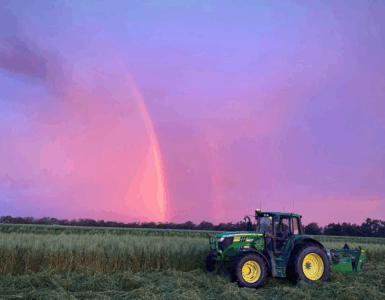
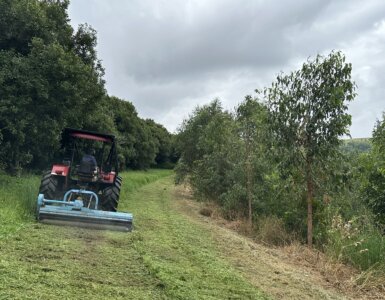
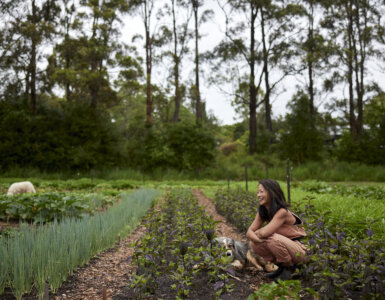































Add comment